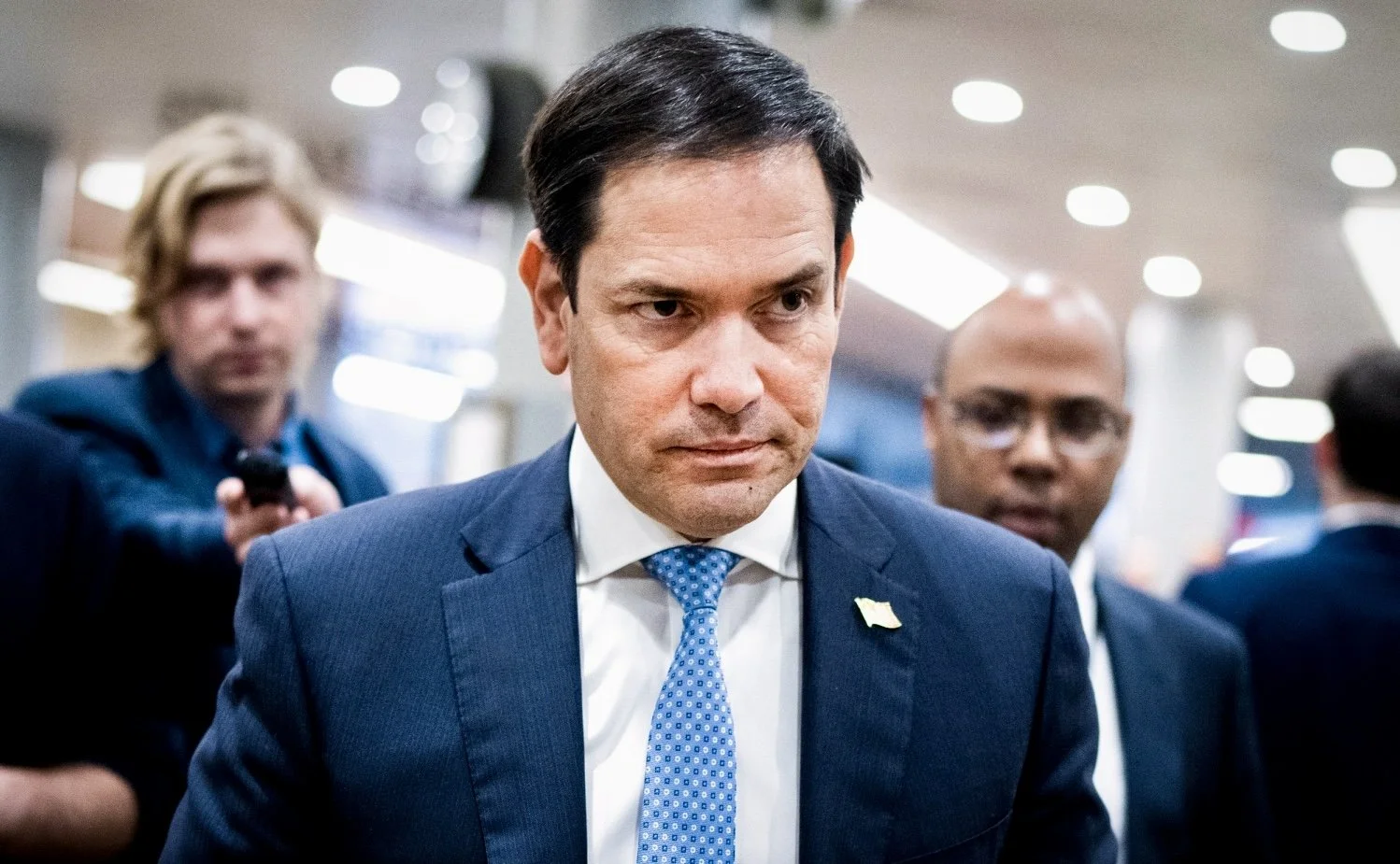How was Rubio sanctioned by China? Will his appointment as Secretary of State affect Sino-American relations?
Justin Lee 2025.1.25
On the current international political stage, Sino-American relations have been a global focus. Recently, discussions surrounding American politicians have once again centered on Marco Rubio. Rubio has been sanctioned by the Chinese government due to his hardline stance on China policy, which has raised questions about how his potential role as Secretary of State might influence U.S. policy towards China. On July 13, 2020, Hua Chunying, spokesperson for the Ministry of Foreign Affairs of the People's Republic of China, announced at a regular press conference that China decided to impose corresponding sanctions on Rubio and three other U.S. senators. On August 10, Zhao Lijian, another spokesperson for the Ministry of Foreign Affairs, stated that China would sanction Senator Marco Antonio Rubio due to his negative behavior regarding Hong Kong issues. Rubio views China primarily as a strategic competitor, driven by a desire to contain and suppress the country. He is one of the most anti-China senators in Congress and has pushed for a series of restrictive policies, advocating for stricter economic and diplomatic strategies towards China. Thus, his position reflects a deep-rooted opposition to China's government policies, with many anti-China organizations and factions supported by him.
To understand the impact of the Secretary of State on international relations, we must first look at his main responsibilities within the U.S. government. Generally, the Secretary of State is the chief diplomat of the U.S., responsible for managing international relationships and supporting the execution of U.S. foreign policy. On the other hand, the President sets and guides the general policy and strategy, while the Secretary of State implements these foreign policies and manages international affairs. The two roles must work closely together to ensure the country's international interests and national security are met. The main responsibilities can be summarized as follows: 1. Foreign affairs: executing the President's foreign policy and managing international relations. 2. Presidential advisor: serving as the President's primary advisor on foreign policy and international affairs. 3. Diplomatic representative: negotiating and communicating with other countries to help establish and maintain diplomatic relations. 4. Managing embassies and consulates: overseeing all U.S. diplomatic missions abroad to ensure they operate effectively and align with U.S. foreign policy goals. 5. Treaties and agreements: negotiating, executing, and upholding international treaties and agreements. 6. Protecting overseas American citizens: ensuring the safety of American citizens traveling or residing abroad through consular services. 7. Promoting American interests: advocating for U.S. economic, political, and security interests on the global stage.
Based on the above, if Rubio is successfully appointed as Secretary of State, it will have certain implications for Sino-American relations. His tenure might indicate that the U.S. will continue to advance a hardline policy towards China, particularly concerning human rights, cybersecurity, and ensuring fair international trade. Rubio may view sanctions and measures against China as integral parts of his foreign policy, which could further exacerbate tensions between the two countries. However, the Secretary of State must execute the foreign policy set by the President, closely collaborate with the President, and carry out presidential duties instead of primarily imposing personal will. Additionally, U.S. foreign policy is often influenced by complex internal and external factors. Although Rubio's hard stance has garnered some support in Congress, he also faces criticism from the business community and certain Democrats. These groups prefer to resolve disputes with China through cooperation rather than solely relying on confrontation. Therefore, even if Rubio serves as Secretary of State, his policies may experience some adjustments in practice to adapt to the evolving international landscape as well as the political environment in the U.S.
In summary, Rubio's appointment as the new U.S. Secretary of State could signify a new uncertain period for Sino-American relations. Whether he persists in confrontation or attempts to establish dialogue will significantly influence the future trajectory of relations between the two countries.




